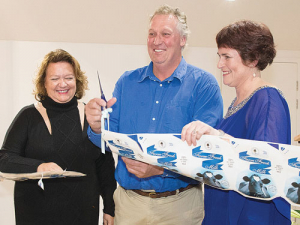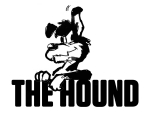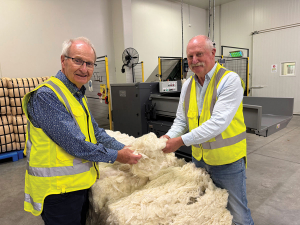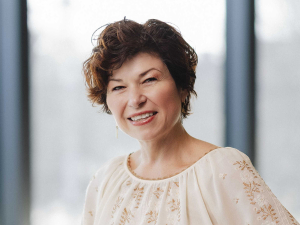Innovative Western Australian dairy farmers Mat and Sue Daubney have added another feather to their cap.
This month a state-of-the-art processing facility called The Creamery was formally opened on their Bannister Downs Farms in Northcliffe, 350km south of Perth.
On hand to open The Creamery was Australia’s richest woman, the mining magnate Gina Rinehart, a friend and business partner of the Daubneys.
Sue Daubney told Dairy News that a huge financial investment was required to make the project possible.
“A partnership was formed in 2014 with Gina Rinehart, who owns Hope Dairies WA, in order to commit to a project of this scale,” she says.
Daubney says The Creamery has been built to cater for ongoing growth in the business while also achieving continual improvement in product quality and animal welfare practices – the main focus of the Daubneys and Rinehart, joint owners of Bannister Downs.
Bannister Downs started in 1924, run by Mat Daudney’s grandfather James. Mat and Sue took over the farm in 1998. However, things weren’t smooth sailing at first. The dairy industry was deregulated in 2000, causing the sector to destabilise.
They saw this as an opportunity. “We were young, enthusiastic and ready for the challenge,” says Sue.
In 2005 the Daubneys started a business producing and creating a range of dairy products including fresh milk, flavoured milk and cream.
Bannister Downs has grown to produce just over 10 million litres of raw milk annually; it also buys milk off a neighbouring farmer who “is also focussed on ethical farming and the production of high quality raw milk”. “Currently this volume satisfies market demand with some volume for growth,” says Sue.
Bannister Downs Dairy product range – fresh and flavoured milk, cream and smoothies - are available throughout Western Australia. They do not supply other states and only have small volumes going to export markets.
“The local market is the cornerstone to our business and the support we enjoy from our customers in WA has underpinned our business,” Sue says.
“We work very hard to supply and deliver a high quality product and service to our customers. In the future we hope we can develop opportunities outside our existing customers, however we will always be focussed on quality rather than growth irrespective of the market we are operating in.”
Sue says the journey has been long and the learning curve huge.
“At times, we questioned ourselves: were we doing the right thing? Like all new businesses, we had our doubts in the early days but we also had support from our team, the industry and our community; we chose to be courageous.”
What makes Bannister Downs different? Sue points out that Bannister Downs’ farming practices are based on an ethical and traditional model.
“We are dairy farmers because we are passionate about raising healthy cows.”
Bannister Downs also has a plan to expand its herd to about 5000 cows in the next few years as demand grows for products.
The cows are milked twice daily in the main dairy; the farm will install robotic milking, using a DeLaval AMR robotic dairy.
Sue believes this will enable cows to be milked according to their stage of lactation and better suiting their health requirements.
Eco packaging
Bannister Downs has been a long term user and supporter of the Ecolean packaging concept.
It’s a degradable packaging using chalk in its manufacture to limit the amount of plastic required and reduce packaging waste.
Sue Daubney says Ecolean creates a point of difference with its product.
Fewer but bigger
The West Australian dairy industry has 145 dairy farms, producing about 337 million litres of milk per annum – 4% of total Australian output.
Sue Daubney says the state’s industry has consolidated over the past few years to become a solid and consistent supplier of fresh high quality milk to the domestic market and a small number of export markets.
“While the number of dairy farmers in WA is relatively small compared to other states, we have the largest herds, the most profitable farms and the most positive outlook on the future of dairy in Australia,” she says.


















